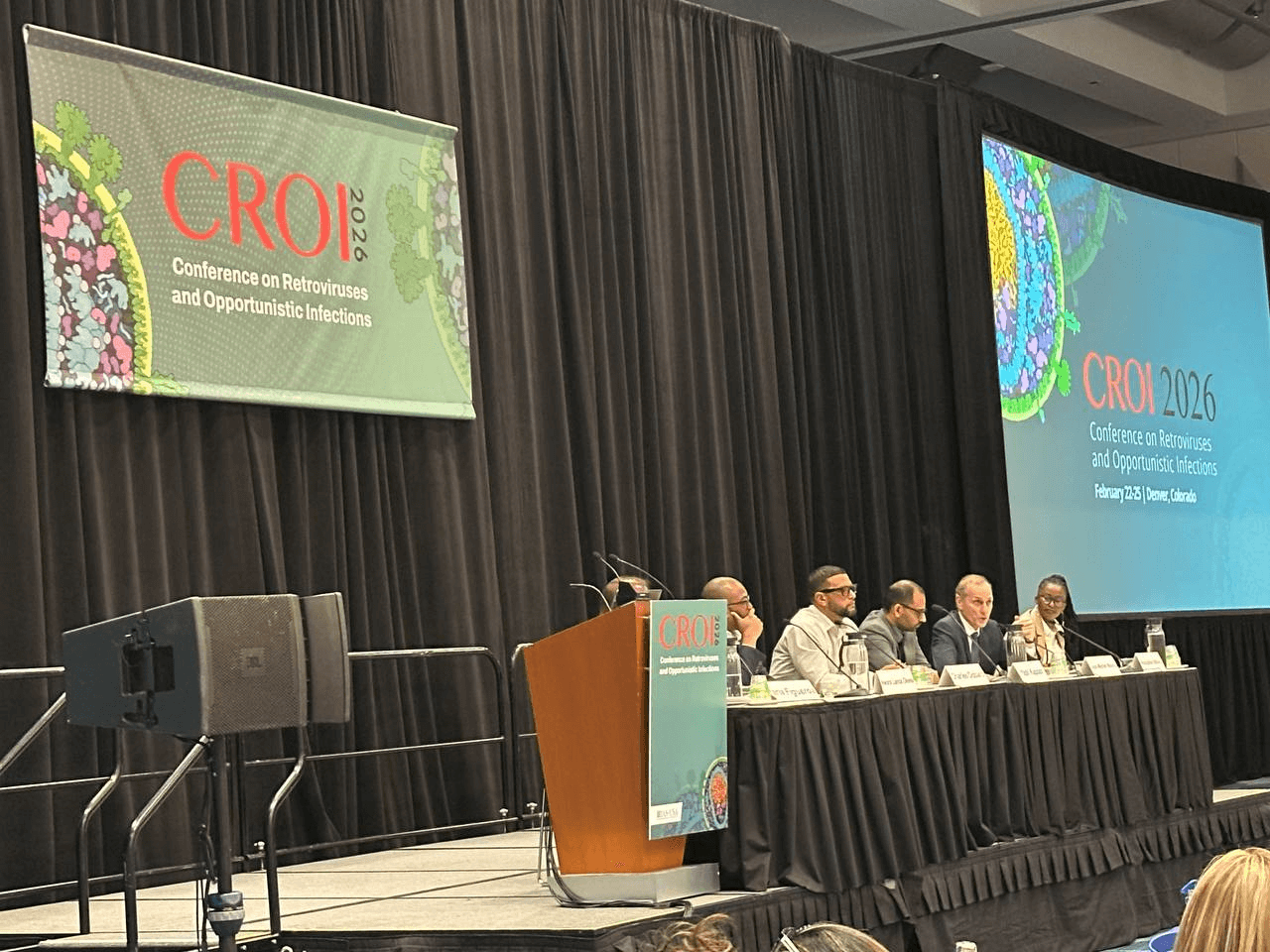IAS 2021 – Update on lenacapavir, a long-lasting injectable agent to treat HIV

Lenacapavir, developed by Gilead Sciences, is an injectable long-acting agent that is currently being evaluated for its ability to treat HIV in people with multi-drug resistance (MDR) and those with no other therapy options.
New data on the agent was presented at the 11th Scientific Conference of the International AIDS Society (IAS 2021).
CAPELLA trial evaluates lenacapavir for the treatment of HIV with MDR
Gilead Sciences Inc announced new Phase III data from the CAPELLA trial, which is evaluating lenacapavir, a long-acting HIV capsid inhibitor.
Results show that lenacapavir, when administered subcutaneously every six months in combination with other antiretroviral drugs (ART), has reached high rates of viral suppression in people with HIV MDR at week 26.
Participants joining the study, at time of screening, had to have a viral load of more than 400 copies/ml whilst on ART and be resistant to at least two HIV drugs.
According to the data presented, more than 80% of the participants who received a combined lenacapavir + ART regimen reached an undetectable viral load by week 26.
Last month, Gilead filed a marketing application with the US Food and Drug Administration (FDA) to register the drug. If approved, lenacapavir will be the first capsid inhibitor and the only option approved for treatment of HIV in six-month intervals.
CALIBRATE study evaluates lenacapavir as a first-line drug
The results of the, small, CALIBRATE study show that lenacapavir injections twice a year could be used as part of a combination regimen for people starting treatment for HIV.
Professor Samir Gupta of Indiana University presented the results of the first 28 weeks of the CALIBRATE study, which assessed the effectiveness and safety of lenacapavir as a first-line drug.
The trials involved 182 people who were taking HIV treatment for the first time and had a baseline CD4 of more than 200. The average age of the participants was 29 years, 15% of whom had an initial viral load exceeding 100,000.
In this study, lenacapavir was administered as a subcutaneous injection into the abdomen.
Participants were divided into four groups:
- 25 people received daily oral bictegravir + emtricitabine / tenofovir alafenamide (F/TAF) tablets as a comparison group.
- 52 people received oral lenacapavir plus F/TAF during the year.
- 105 people took oral lenacapavir plus F/TAF for the first two weeks, and then switched to injectable lenacapavir.
At week 28, all 25 people in the comparison group had a viral load below 50 copies/ml.
10 people receiving lenacapavir, either orally or injected, did not achieve a viral load below 50 copies/ml. One participant refused to test, one had resistance to lenacapavir, and eight had viral load results which were not yet available.
Professor Gupta commented on the situation as follows:
"If 8 patients with missing viral load data are indeed completely suppressed, the effectiveness of the administered lenacapavir will be 99% (taking into account the only refusal of the patient). But only full virus load data for week 54 will show if it is true.”
Professor Gupta said that he believed that the preliminary results of the study justified the continued use of lenacapavir in studies in which it would be combined with islatravir in an injection-only model.



